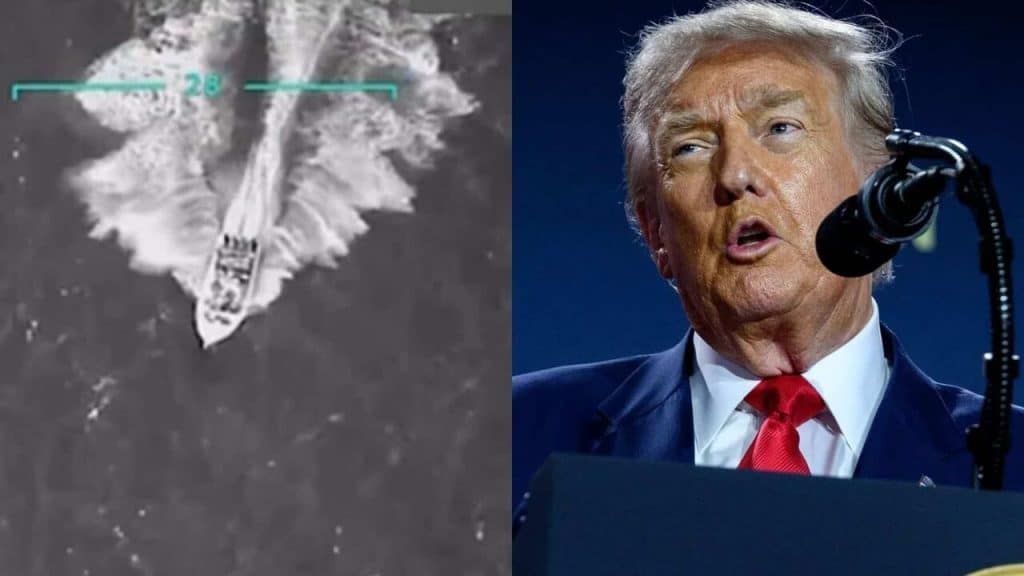Use of Force in International Waters: A Legal Reflection on US Attacks in the Caribbean.
This was the warning from US President Donald Trump as he announced the second attack in less than two weeks on a Venezuelan-origin boat that US sources claimed was carrying drugs bound for the United States.
Trump said the operation took place in international waters “in the Southern Command area of responsibility,” following a similar attack on September 2 that killed 11 crew members.
He also announced last Tuesday that a third vessel had been attacked.
The events of the past few weeks and the attacks on the boats have taken place in an area that belongs to no country (off the coast of Venezuela), and this is what is causing the growing tension between the two concepts of security and law. Therefore, another key question has been: in a world where threats are ongoing without borders, how should states act so as not to undermine the international legal order?
The recent attacks by US forces on vessels suspected of drug trafficking in international waters have become, beyond a security incident, a profound conflict in the field of international law; a conflict in which the concept of national security conflicts with the fundamental principles of international law. These events have raised serious questions about the legitimacy of the use of force, respect for the sovereignty of states, and the boundaries of transboundary actions; questions that are tied not only to the Caribbean but to the core of the global legal order.
What do the experts think?
UN rapporteurs recently said in a joint statement that international law does not allow states to directly assassinate suspected drug traffickers.
They stressed that the alleged criminal activities they carried out should have been investigated and prosecuted in accordance with the law.
The UN experts added that the US attack also violated international maritime law, which prohibits unprovoked attacks on ships, requires specific criteria for interception, and prioritizes a law enforcement, not military, approach to the use of force.
They also noted that there was no evidence that the criminal group “Tren de Aragua” was organizing an “aggression” against the US at the behest of the Venezuelan government, another argument used by US officials to justify the attacks.
According to the statement, “International law does not permit the unilateral use of force abroad to combat terrorism or drug trafficking. Attacking organized crime groups abroad is a violation of sovereignty and could constitute an unlawful use of force under the UN Charter.”

